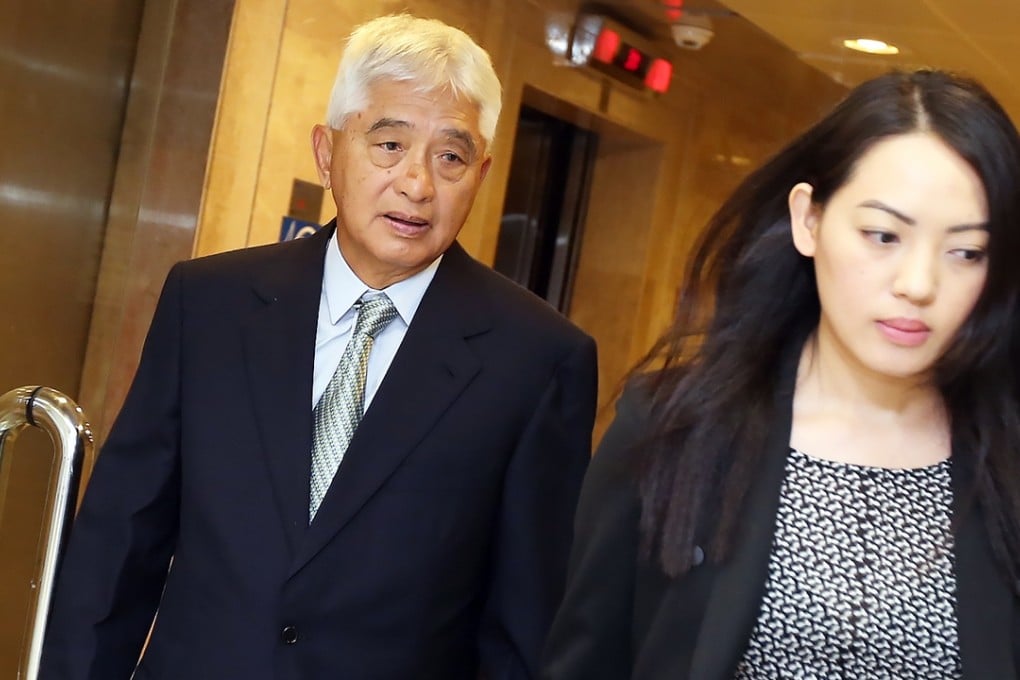Larry Yung’s daughter ‘hazy’ on details of meeting about Citic Pacific foreign exchange losses
Frances Yung testifies at Market Misconduct Tribunal

The daughter of princeling Larry Yung Chi-kin has told the Market Misconduct Tribunal she had “no idea” of the danger mounting foreign exchange losses posed to her former employer Citic Pacific, though she agreed that her memory of a key meeting when the firm’s losses were discussed was “hazy”.
Former senior finance executive Frances Yung Ming-fong was asked on September 8, 2008, by her direct supervisor, company director Leslie Chang Li-hsien, to tell the Hong Kong listed firm’s executive committee that approximately HK$377 million in losses were adding up as a result of numerous Australian dollar hedging products, called target redemption forward contracts, moving against the firm.
Hong Kong securities regulator, the Securities and Futures Commission, argues that meeting, alongside other evidence, demonstrates that Citic and its senior directors were aware the company was bleeding money ahead of a key stock exchange circular, dated September 12, 2008, that made no mention of any material changes to the company’s financial health.
It was very shocking to him [Larry Yung] that this product could bring such a big loss to the company
Chang and Larry Yung, along with three other former directors, and the company itself, were “reckless” and/or “negligent” to sign off on that circular as it was “false or misleading”, the SFC is arguing in a case that is putting the spotlight on directoral responsibilities at listed companies. Frances Yung is not among the defendants.
A victory for the SFC at the tribunal could result in fines and directorship disbarments for those found at fault and would strengthen the regulator’s hand in the High Court, where it is seeking HK$1.9 billion in compensation for 4,500 affected investors who traded the company’s shares between September 12 and October 20, 2008, when Citic did issue a profit warning that sent its share price plummeting.
The company eventually reported HK$14.7 billion in losses as a result of accumulator-style hedging contracts where downside losses were magnified the more the Australian dollar weakened.
Now named Citic Ltd, the company took currency hedging positions to guard against rises in the Australian dollar against the US dollar as part of an ill-timed foray into an Australian mining venture, later bedevilled by cost overruns and a collapse in commodity prices.
